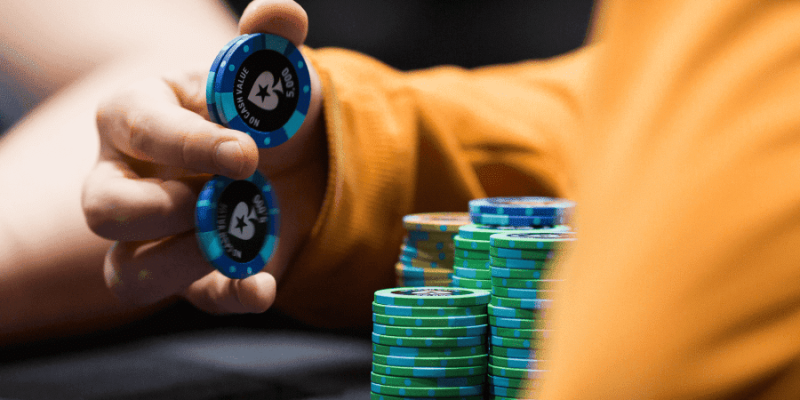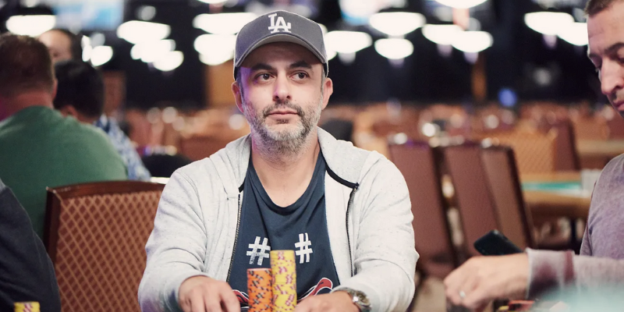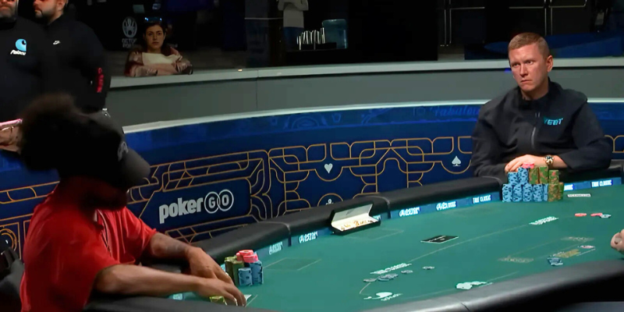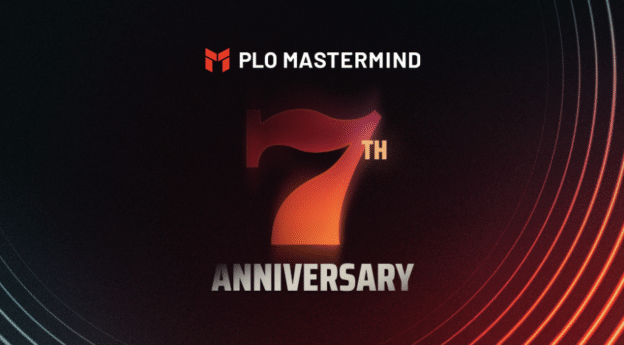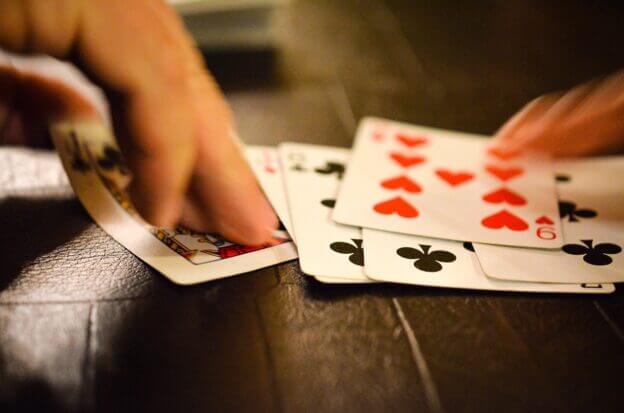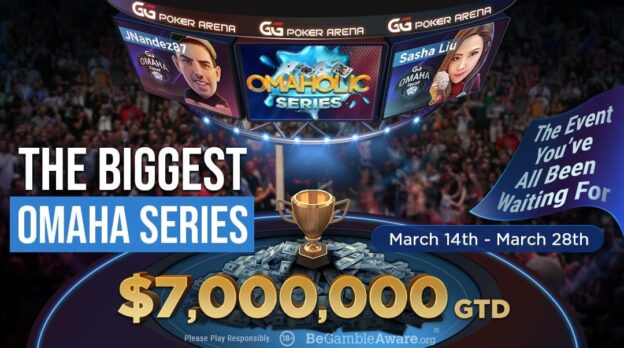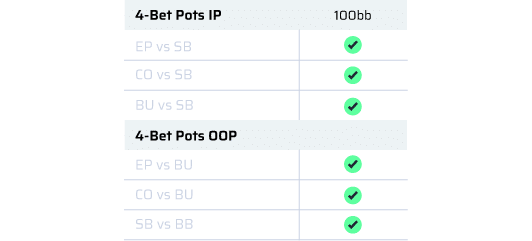The most reasonable step as a poker player is to only rely on logic because the game itself is logical at its core. But in order for humans to play poker, being a logical computer is impossible, because you will always have emotions.
I have learned to look at these possibilities as mental game resources:
- One resource is your logical brain, and you can usually use it to your advantage.
- Another resource is your emotions, which can be powerful when applied properly.
- Your gut feeling is also a resource, and its valuable when used at the right moment.
The key is understanding what resource is helpful in which context.
If you’re playing poker and have to make a logical decision, the resource of emotion is not helpful. A good example would be this hand, where I used logic to choose the correct play to win a big pot.
In other cases, it can be helpful to have a strong intuition and really trust it. Like in the time where I intuitively made the right choices to win a tournament.
If you want to be a great poker player, you have to take advantage of the best resource for each decision. Sometimes it will be your intuition, sometimes your logical brain.
And you can’t learn it overnight. You have to practice it and then reflect on which resources you are using on which spots and keep improving.
Mental Performance
We make rational faults all the time, and that’s ok. But making decisions while relying on those faults can bring about huge complications.
It goes back to A-game, B-game, and C-game.
Your mind is sometimes at its C-game due to exhaustion or other reasons, and sometimes it’s at its A-game, like after you wake up after a good night’s rest.
So there is a range of logical deficiencies involved, and the quality isn’t the best at all times.
It’s on us to reflect on this and make qualitative statements to identify thoughts as good or helpful, or providing zero value at all.
Something could come into your mind and you realize that it is complete garbage, and that’s completely natural. You cannot just have this flow of perfect thoughts all the time like a computer.
Your intuition is sometimes at its C-game.
You could tell yourself you’re very intuitive and are making the right decisions, but in reality, you should be humble enough to realize when it’s not the case.
You cannot trust your intuition when it’s at its C-game, so you need to find a way to incorporate logic and realize when you shouldn’t listen to your emotions or intuition.
That’s a different form of progress than just building on top of what you already crush.
Emotions
You should always think things through, but by doing that you also take away from your ability to listen to what you feel.
Emotions come up naturally and at times you might feel tilt. You shouldn’t try to avoid what you are feeling. Become conscious of it. Accept it and work with it.
Use it to make you stronger overall. A better player, and a better human being.
The moment you fall off the wagon and let your emotions surround you, you start spiraling.
Suddenly you’re playing bad on the table, you’re not following your routine anymore, and you become this emotional creature in all aspects of life.
You cannot function properly like that, so you have to accept your emotions, but in other ways also control them.
It’s a back and forth.
Inner Dialog
It’s easy to have conflicting thoughts and difficult or negative thoughts without actually having a dialog. When I get into a dialog about where I’m at in my head, it always feels better and becomes better afterward.
If you were to shut off all the distractions, what would you see? Where is the resistance coming from? Where is your mind going? How long can you focus?
It sounds all nice in theory but when you put it in place you can actually see what is happening within you.
Find time in your day where you are structuring your thoughts. Writing it down can help a lot. Additionally, you can go back and read your notes after some time and see how you have changed.
You can just get into the dialog with yourself by grabbing a pen and paper and asking yourself questions like the following:
- How do I feel right now? Why?
- Is there something in my life I would like to change?
- Is there something that I am positive about?
That’s a conversation that doesn’t happen naturally when thoughts are just going on in your head.
One of the most important aspects of learning about yourself is to listen closely to the words you’re using.
The way you phrase things can make you believe that you have a problem when sometimes it’s actually not the case.
Really think about your wording and how it affects the way you perceive the world.
Feeling Good
Improving our mental game is not only about minimizing tilt in the heat of the moment but also about getting balance in your overall life so that you’re able to wake up every day feeling good.
If you’re feeling good, things are easier. Your mental resources perform better, you’re productive, and you feel like you are more in control.
It’s important to remember that the process should be the most enjoyable thing, not the end result.
With this mindset, even if a negative emotion arises, you’ll be able to overcome it. You will be changing something within you and continue moving forward.
Conclusion
Trying to get rid of your emotions and gut feelings, and just making all your decisions logical simply doesn’t work. On the other hand, you can’t rely only on your intuition, because sometimes it can be wrong.
If you’re not taking advantage of your emotions, you’re leaving a lot off the table. Always try to work with them, not without them. Implement a dialog with yourself, observe your phrasing, and learn how to identify when a resource is at its C-game.
Make an effort to live a balanced and happy life. Never forget that in the end, the best days are the ones where you’re improving and growing.
